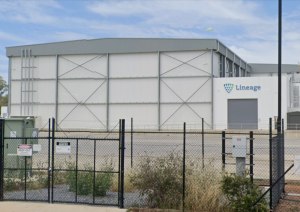A Russian company has developed printable RFID paper which can be used to create labels using HP Indigo printers.
ISBC Group has produced more than 4.5 million tickets, labels for apparel, and boxes using the new technology, which involves RFID chips and antennas being built into ready-to-print sheets rather than the traditional method of placing RFID tags on rolls.
“We aim at making RFID technologies as available and affordable as any usual sheet-to-sheet printing,” said Ivan Demidov, CEO and founder of ISBC.
According to ISBC, the integrated circuits and antennas can be positioned in the paper according to customer requirements; there are no visual bumps in the paper after printing; and the positioning accuracy of the antenna is within one tenth of a millimetre.
The process has not been without its challenges – the tags must be flat within the paper to pass the tracks inside the press; able to withstand heating and cooling during printing; and tolerant enough to survive impacts from logistics and storage, as well as cutting, embossing, punching, and folding.
The paper costs around 20 cents per tag, depending on features, and according to Demidov, customers will be able to build the paper themselves from next year with ISBC’s ePerso S2s printing technology.
“That will allow printing houses to personalise the labels inside the sheets,” he said.
To see more smart packaging technology like RFID paper, reserve your place at the Active and Intelligent Packaging Industry Association (AIPIA) World Congress in Amsterdam from 18-19 November.





